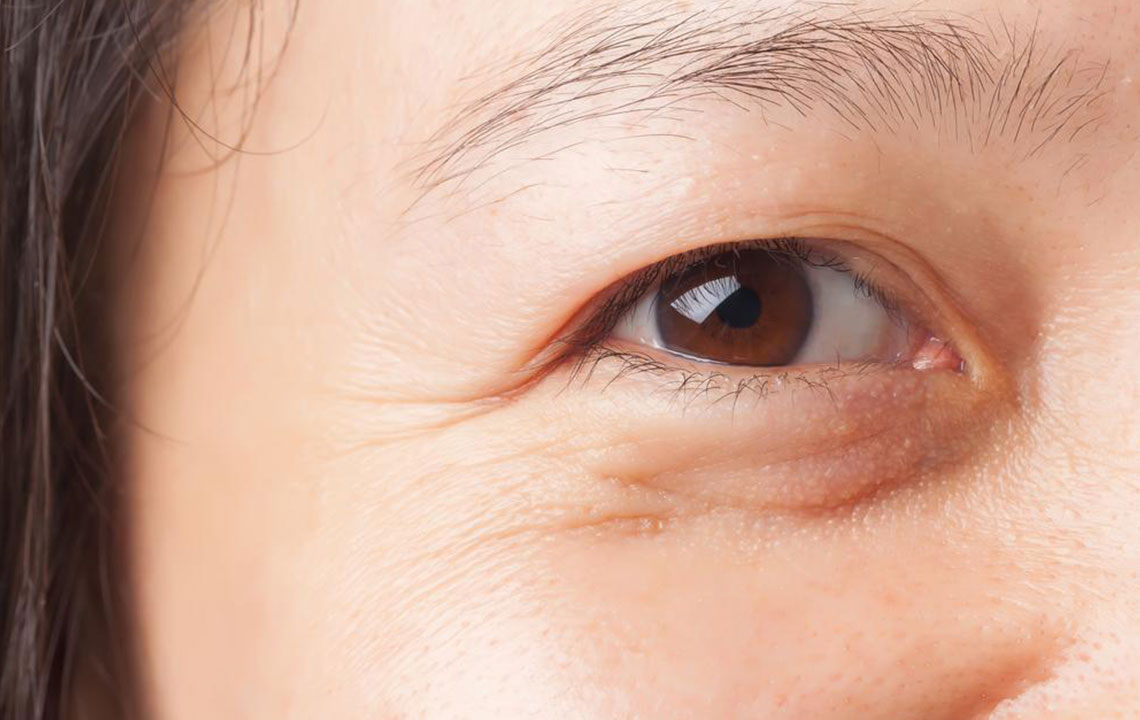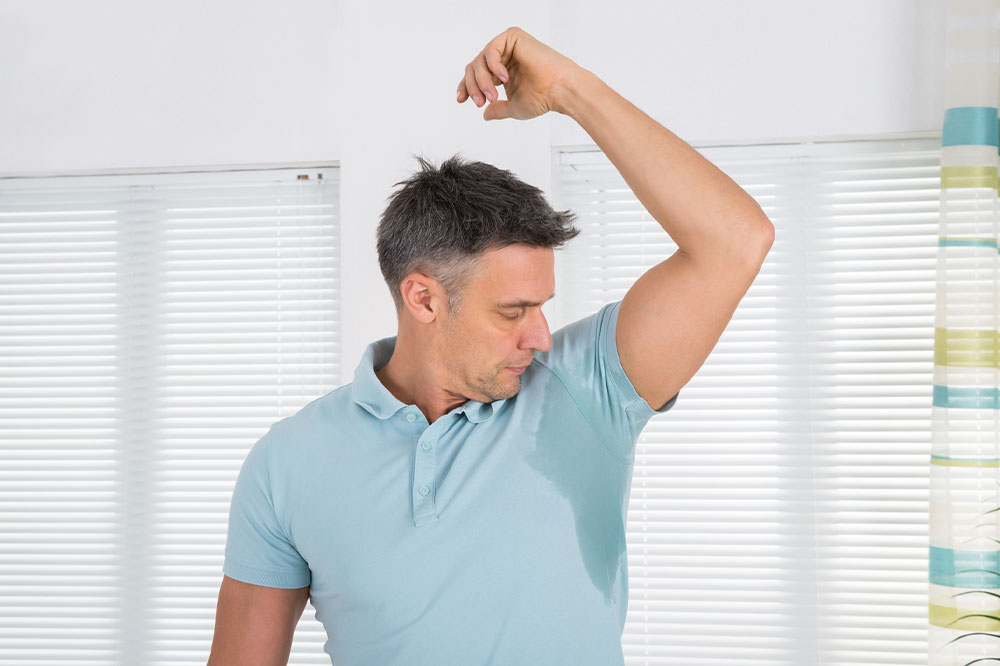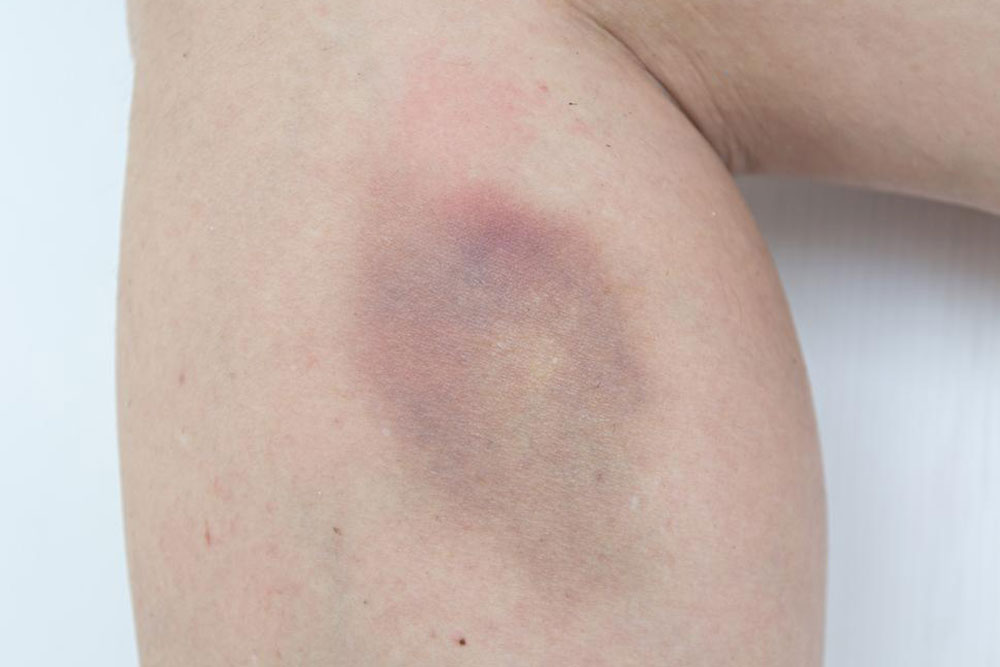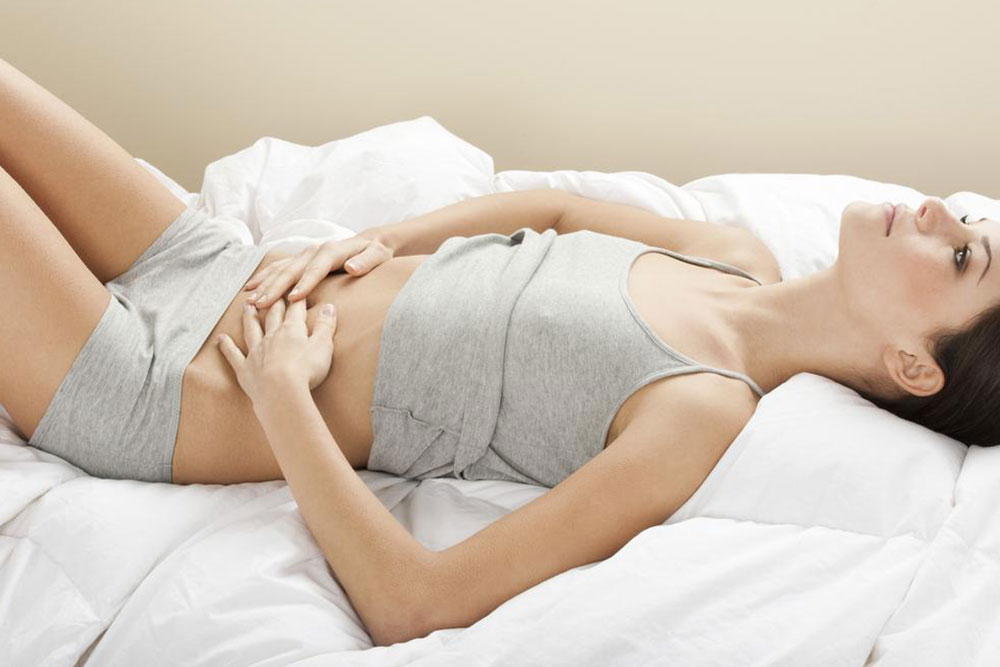Understanding Night Sweats: Causes and Effective Solutions
This comprehensive guide explores the numerous causes of night sweats, including hormonal changes, infections, and lifestyle factors. It offers effective natural remedies such as environmental adjustments, stress management, and dietary habits. Implementing these strategies can help reduce night sweating episodes, improve sleep quality, and enhance overall well-being. Understanding the underlying causes is crucial to addressing this common yet disruptive condition effectively. With patience and lifestyle modifications, individuals can find relief from night sweats and enjoy restful sleep.

Understanding Night Sweats: Causes and Effective Solutions
Night sweats can disrupt sleep and cause discomfort, especially when they occur frequently. While living in a hot climate can contribute to sweating, night sweats are a distinct condition with various underlying causes. If you often wake up soaked in sweat, you might be experiencing this issue.
Common Causes of Night Sweats
Night sweating often causes facial redness and skin dampness. Unlike regular sweating, these episodes are sudden and intense, affecting sleep quality and comfort.
Waking up drenched due to excessive sweating can be distressing. Recognizing its causes can help manage and prevent this condition effectively. Here are some frequent triggers:
Menopause
Hot flashes linked to menopause often lead to night sweats.
Idiopathic Hyperhidrosis
A condition with unexplained excessive sweating during the night.
Infections
Conditions like HIV, bone inflammation, heart valve issues, and abscesses can cause night sweats.
Cancer
Certain cancers, especially lymphoma, are associated with night sweats. Unexplained weight loss and fever may also be linked.
Medications
Antidepressants, used by up to 22% of the population, can induce sweating episodes, often accompanied by flushing.
Low Blood Sugar
Diabetic individuals with hypoglycemia frequently experience night sweats.
Hormonal Issues
Disorders like hyperthyroidism, pheochromocytoma, and carcinoid syndrome can trigger night sweating.
Neurological Conditions
Conditions such as stroke, autonomic neuropathy, or posttraumatic syringomyelia may also cause excessive night sweating.
Effective Remedies for Night Sweats
Though common, night sweats can often be managed with lifestyle adjustments and natural remedies. Patience and consistent application of these tips can provide relief and improve sleep quality.
Avoid triggers like smoking, spicy foods, tight clothing, and high-stress situations.
Keep your sleeping environment cool by using air conditioning or fans and lowering room temperature.
Practice relaxation techniques before bed to ease stress and promote restful sleep.
Regular exercise during the day can reduce stress and improve sleep, decreasing night sweat episodes.
Wear loose, breathable clothing and consider dressing in layers to regulate body temperature.
Use a fan or air conditioning at night to maintain a comfortable room temperature.
Losing excess weight helps reduce sweating by lowering internal stress on the body.
Frequently change pillows to minimize sweat buildup and discomfort.
Stay well-hydrated by drinking water and electrolyte-rich fluids.
Follow a balanced diet rich in vitamins, minerals, and healthy fatty acids; a plant-based diet may be beneficial.
Understanding the causes and adopting these natural remedies can significantly reduce night sweats, leading to more restful sleep. Lifestyle changes focusing on stress reduction, diet, and environment can make a notable difference in managing this condition.










